[Yanfeng Transportation] Tears, depression - do you know the "four hair methods" of hair knife
Prologue /Profile/
The origin of writing this article can be traced back to when, the author himself is not clear.
In elementary school, Lu Luxiu, who saw entering a house as a rebellious person, was deeply shocked by the ending of Requiem Zero, and realized that the ending of the original work does not necessarily have to be a happy ending. This may be too far, but going back is really the root of everything.
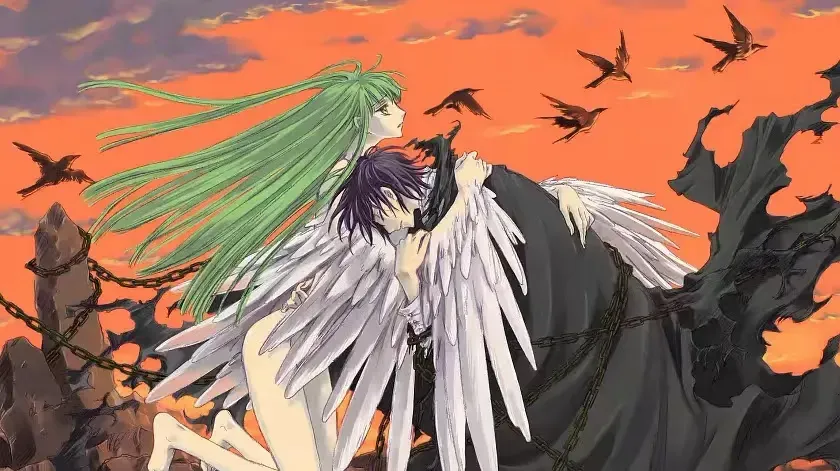
After entering the house, I experienced the experience of the key club's tear-jerking trilogy (Clannad, Kanon, Air), and after reading the works of Unheard Flower Name, etc., after the sadness, my inner defense line became stronger and stronger.
Later, when watching fate zero and magical girl Madoka, I was like a giraffe in a girl's opera, a witch in a sea cat crying, laughing out loud at the tragedy of the characters, dissecting and enjoying the whole story.
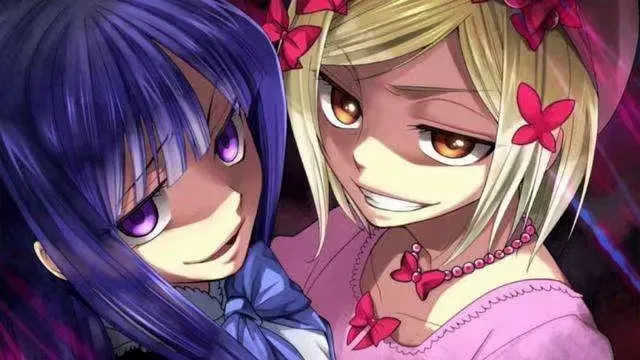
Later, my defense line was defeated by Doomsday's Three Questions in one fell swoop, and then I was "destroyed" by works such as Lie in April and Wings of Eternal Time. A strange beauty.
later, later...
Then came the idea to write this article.
1
Manipulate despair and hope
Career In Business
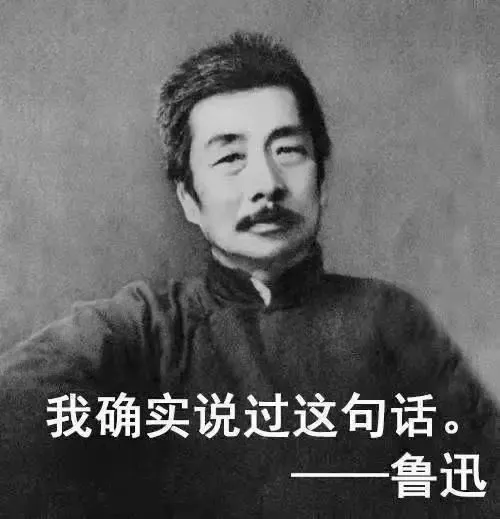
Despair to Delusion
same as hope
"Despair is the same as hope"
Manipulating despair and hope has always been a common way for writers to shape tragedies. A typical example is a little girl who sells matches. She creates a beautiful fantasy called hope through the light of the matches, and finally drags the reader back to reality. The little girl hugs her dream and fades away. Light can bring hope, but that hope cannot save the little girl's life.
What's more "bad taste" is the constant use of false hopes to sign the characters in the works. They think that there is hope in front of them and they continue to pursue them, but when they reach the end, they find that there is nothing there. A typical example is Akutagawa Ryunosuke's "spider silk". The spider silk connecting hell and Elysium is a concrete representation of hope. Sinners who have fallen into hell snatch the spider silk, and countless people have become "dancers who dance under the silk of hope." Doll", and finally the spider silk breaks, and no one can escape the endless suffering.
In the animation industry, there is a person who is very good at this kind of technique. His "notoriety" ranges from a newcomer in a house to an animation brahmin. Hope, and then when the characters finally come to an end after the hardships, what is more vicious than cutting off the spider silk, tell the characters in the pen that the light at the entrance of the hole is just the fire of the hell boiler, and everything from beginning to end is nothing but a falsehood. Eternal night, no light.
This is - "The Warrior of Love" Xu Yuanxuan.
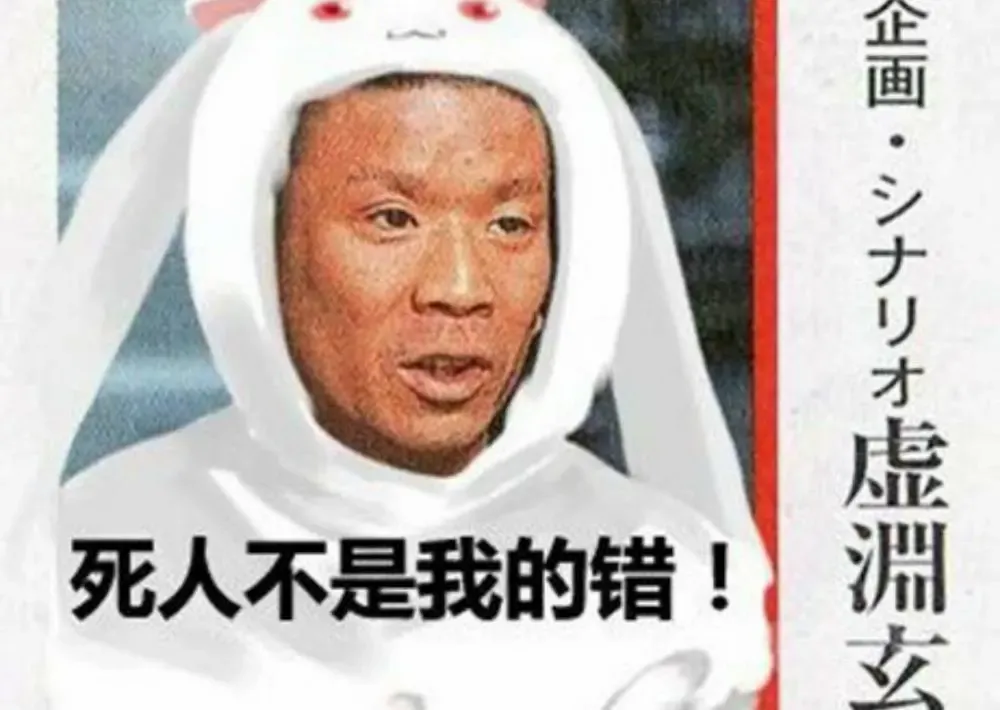
The core of Xu Yuanxuan's tragedy lies in hope. He has given illusory hope to his characters countless times. These people instinctively pursue this illusory hope in despair. In the end, the hope is dashed, the light is withdrawn, and the characters fall back to the darkness again and again with new hope. Hang these desperate people and torture them constantly. The kind of pursuit of light in the dark for a lifetime, but in the end this light is just an illusion in the dark, or even the gap between a part of the darkness itself is the most cruel place in Lao Xu's tragedies.
For example, in the ninth episode of Magical Girl Madoka "Red and Blue Love", Sakura Kyoko has vaguely realized that Sayaka's witching is irreversible, but after a lifetime of tragedy, she is unable to face the departure of an important person again. She chose to hold on to the illusory hope and pinned her hopes on the occurrence of a miracle. But we can only make footnotes with "reality" as reality, and miracles did not happen.
Another example is Emiya Kiritsugu in fate zero. He has spent his whole life fighting to eliminate evil in the world and to establish permanent peace in the world. For this reason, he did not hesitate to choose the majority at both ends of the scale and sacrifice the minority. His own master, wife, and even himself, but in the end, the Holy Grail has no chance of fulfilling his wish at all. He is just self-righteous and self-righteous, pursuing a goal that is impossible to achieve.
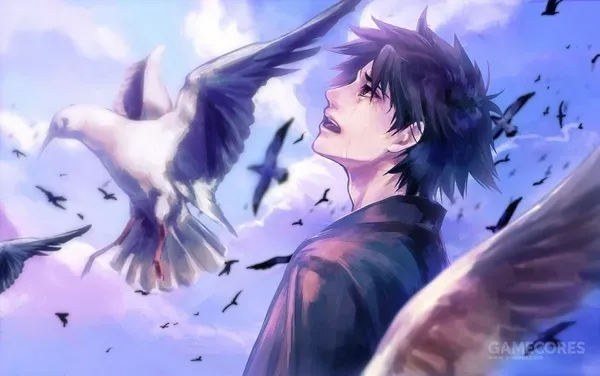
But I don't think Xu Yuanxuan always harbors the greatest malice towards his characters. On the contrary, I think he recognizes the character's pursuit of light in the dark, even if this hope is nothing but false. In his eyes, the world is dark, and "sages" have lofty aspirations and intentions to save the world, but there is never the possibility of true peace in the world. Where there are people, there will be disputes. The saint seeks light, but he does not know that it is only more Yingying and shimmering in the dark, but their figures are still respectable, and their spirits are undeniable. Even if their final actions run counter to their ideals, their gesture of seeking light in the dark should be justly evaluated.
I used to think that his self-proclaimed "warrior of love" was just a joke and a gimmick, but now that I think about it, he may really have a unique love and respect for the characters and even the world. Heaven and earth are not benevolent, and all things are dogs. Even if the world is dark, we cannot get lost in the darkness, paralyze ourselves, and give up our pursuit and desire for hope and beauty. What's more, there are blessings in the darkness.
Just like the inheritance of the old blind man to the little blind man in the strings of the lute, the prescription is false, but it is because of this false prescription that we can struggle to live in the dark with hope.
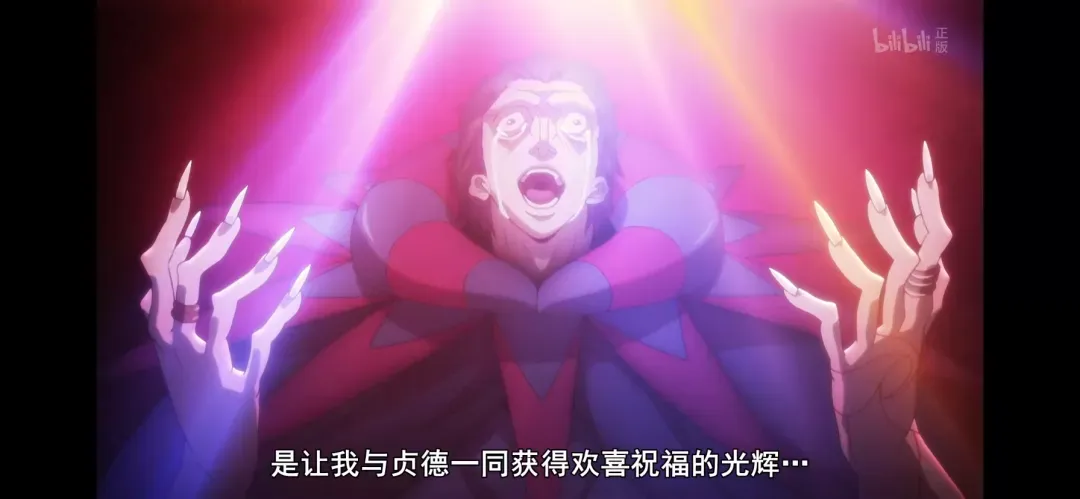
—————————————————————
In the industry, there is also an author who is very similar to Xu Yuanxuan. He is also a good player at playing with despair and hope, but he is different from Xu Yuanxuan in that he believes that despair and darkness are the touchstones of hope, and only by constantly crossing Despair, hope can bloom more dazzling light, this is the author of the Danwan Lunpo series "Xiao Gao and Gang".
The core of the three Danwan Lunpo works is the pursuit of hope, and the "abuse" point is often reflected in the shattering of false hopes. Typical examples are the dungeon of the third generation, the execution of Tojo's mother (this should be a tribute to spider silk), and the "truth from the outside world" of the first, second and third generations.
On the core theme of the pursuit of hope, the second generation is most clearly embodied by the "Hope Leader" Komaeda Nagito.
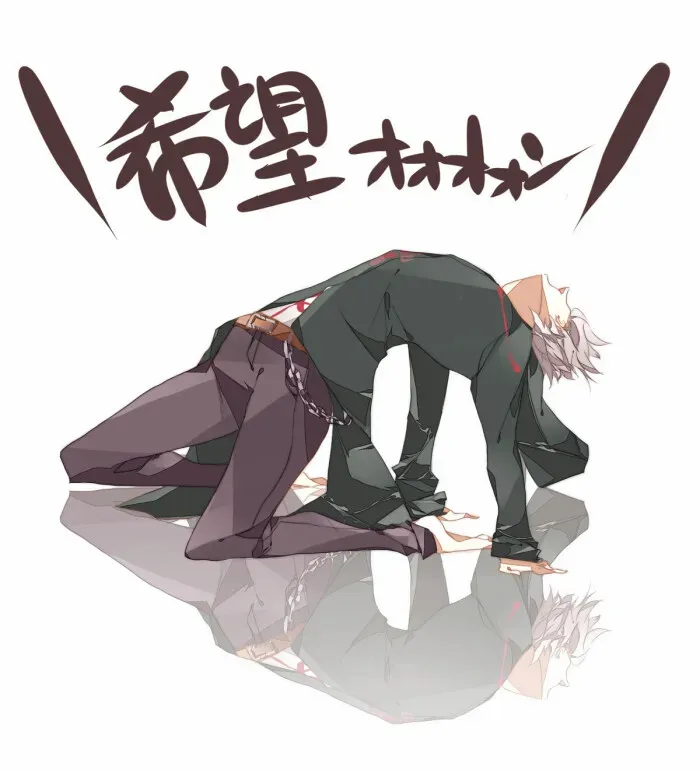
In the eyes of Komaeda Nagi, hope needs experience, and all obstacles and darkness will only make hope stronger. He takes this as a belief to help the super-intermediate people in his heart, who are the "incarnation of hope", and choose himself after knowing the truth. Sacrifice to protect traitors. His actions may have gone too far, but he was undoubtedly Hope's most faithful seeker, or "believer."
And the people in Danwan Lun broken are also looking for hope. Although they kill each other and have a slim future, they have experienced incidents and trials, and the bonds of everyone have been strengthened day by day, and their belief in hope has become stronger and stronger. At first, they were overwhelmed and scattered, and in the end, they undoubtedly became the most determined seekers of scattered hopes in the dark, and even hope itself.
In the early days of Xiao Gao, he set up layers of despair, killing characters who had been loved by the audience again and again, but what he did was not only a simple evil, but also to make the brilliance of hope in the surviving people shine even more.
(Speaking so much, should you let go or let go, let’s fly, Xiao Gao)
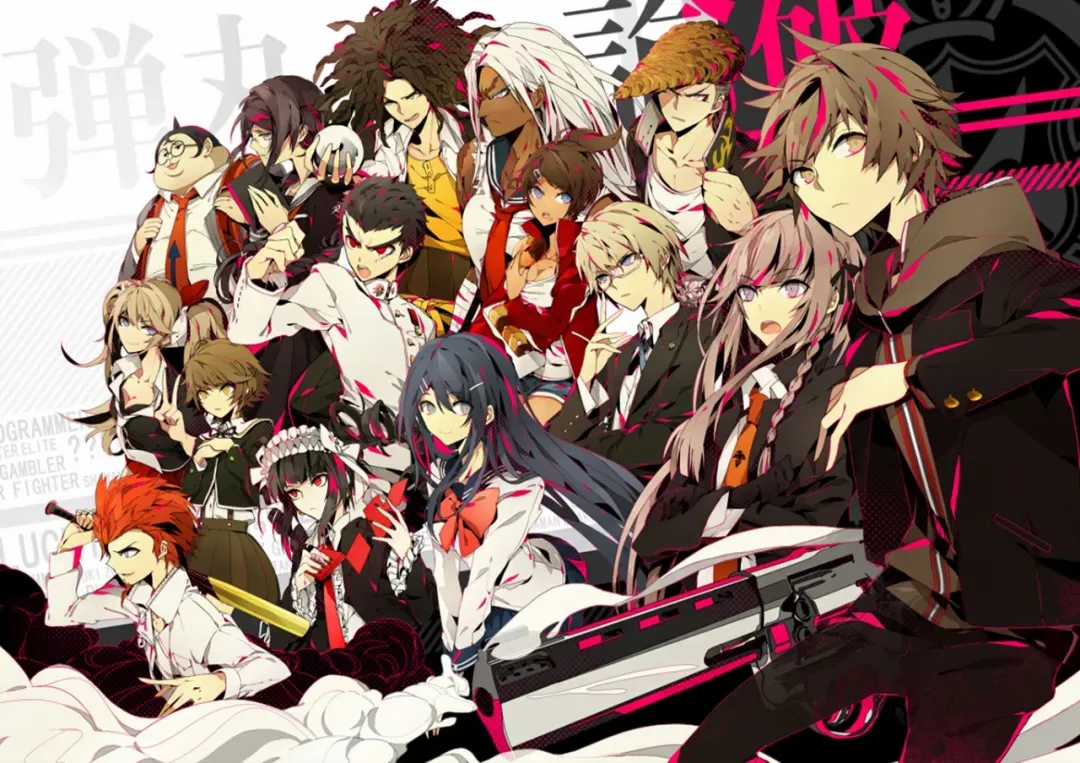
2
The passing of youth
If the previous "abuse" method is to make the audience feel powerless and sad by putting the author's favorite characters into a miserable situation, then this "abuse" method is to directly use the knife to the audience. .
There are more or less "misses" in everyone's youth. Maybe it's the regret left by not daring to confess in middle school, the regret of not being able to get into the ideal university by one point, and there are even many misses. We don't even know, we only know the result, and we think the reality must be like this, but we don't know that there are many possibilities that we have not explored and have no chance to explore. Those possibilities may contain unexpected beauty, but those beauty does not belong to us, Only hypothetical.
It is impossible not to leave a little regret in youth, and these regrets will leave scars, deep or shallow. Smart people rely on these scars to remind themselves how to improve in the future. Open-minded people smile at the scars, but no matter what, these scars will always remain. Physically and mentally, it cannot be treated as if it had never been hurt. It may be forgotten for a while, but it will never be forgotten.
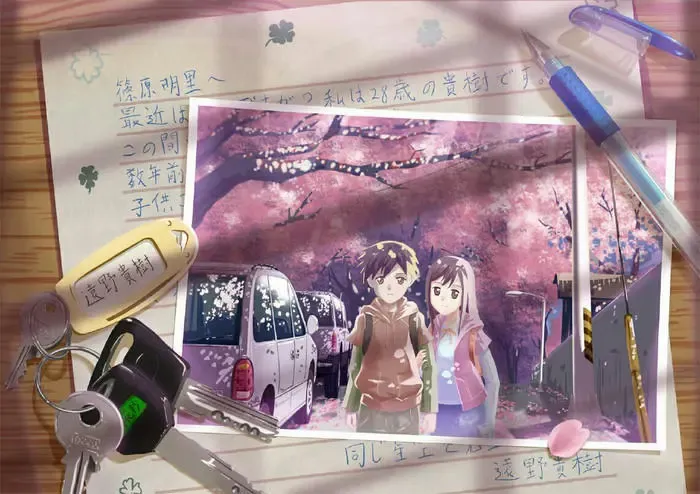
And "missing" is to reveal the reader's scars and let the reader involuntarily substitute the character into himself by shaping the protagonist to pass by old acquaintances, lovers, opportunities, dreams and even "ideal self" in the work. Feeling sad as if I missed it. In fact, the characters in the play often don't feel a lot of sadness because of this passing, and only leave a touch of regret like us in reality, but we in front of the screen know "another possibility" , knowing that "beauty" is possible, and thinking that I may have missed countless beautiful possibilities in the past, and then feel infinite loneliness and sadness.
Xin Haicheng is currently the best at creating "abuse spots" by "missing".
Xin Haicheng went from the other side of the cloud to the speed of five centimeters per second and then to the Garden of Words, all of which are creating abuse points through the miss of youth.
The other side of the cloud is a miss with a dream and a friend who used to be like-minded. Five centimeters per second is a miss with an old acquaintance. The Garden of Words and Leaves maintains a semi-open ending, but inadvertently makes the viewers feel about to meet The female teacher who meets by chance will miss it indefinitely, thus feeling regret and sadness.
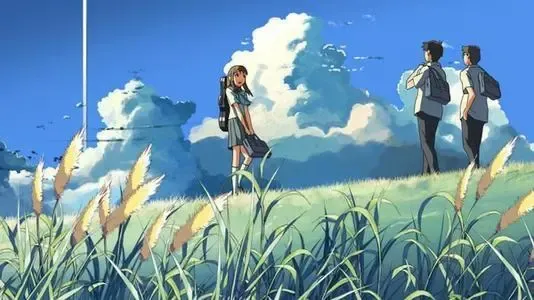
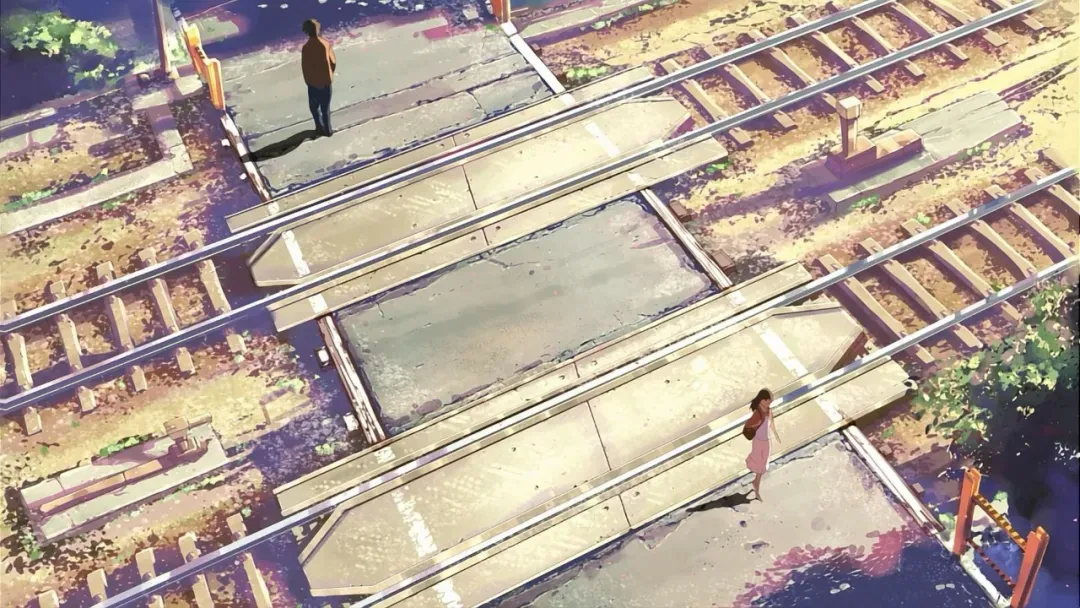
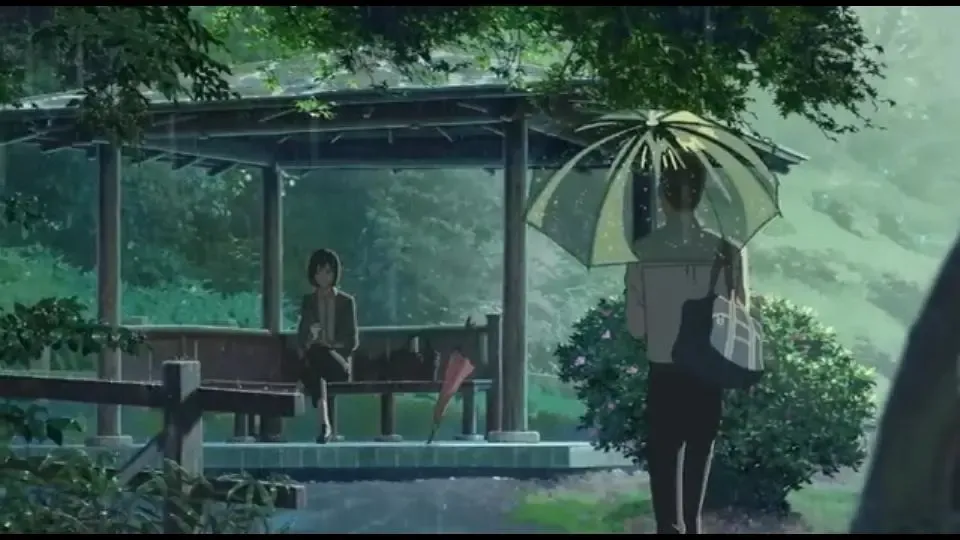
It can be said that we are not actually grieving for the character, but for the self who has missed and doesn't even know if we have experienced the same "missing".
3
The caprices of fate
Reality is sometimes more absurd than fiction
People can never really predict what will happen in the future, even if it is only for a short second, we have no way of knowing.
Kobe, who was enjoying time with his family in the helicopter, would not have expected that the helicopter would fall due to a malfunction, and Jin Jinggong, who was going to the toilet, would not have expected that he would fall into a puddle and drown in it. Neither.
We always think that there are laws to follow in the world, and that life will develop according to the established laws and plans. We hope that good and evil will be rewarded, and efforts will be successful, but this has never been the case. Even if we abide by the rules and abide by morality, tragedy still remains It may come to our heads. It's not that the people killed in car crashes don't obey the traffic rules, the only mistake of the people who are shot and killed in America is being in the wrong place at the wrong time. Caution may reduce the risk of an accident, but it cannot rule out the possibility of an accident.

There are many people who have ruined their lives due to the tricks of fate. They are angry, angry, and resort to the law or public opinion, but the law can punish the wicked, and the rules can reduce the possibility of accidents, but there is no way to make up for the loss caused by what has happened. .
No amount of compensation for a wrongfully imprisoned person can make up for the time and humiliation he has suffered, and no matter how severe the sentence for drunk driving is, the life of a person who is knocked down by drunk driving and amputated can never make up for it.
Unpredictable and irreversible, is the most frightening part of the impermanence of fate.
Although there are many tragedies caused by the impermanence of fate in reality, the creation of abuse by impermanence of fate in literary works is very dependent on the skill of the author, because although reality does not emphasize logic, people pursue logic, if not in tragedy If the foreshadowing is laid and the audience feels "reasonable", then this "accident" will be unconvincing. Perhaps all kinds of accidents that occur in Korean dramas abound in reality, but precisely because it is a literary work, an accident without logic and no warning will be evaluated as "dog blood" if it is not handled enough.
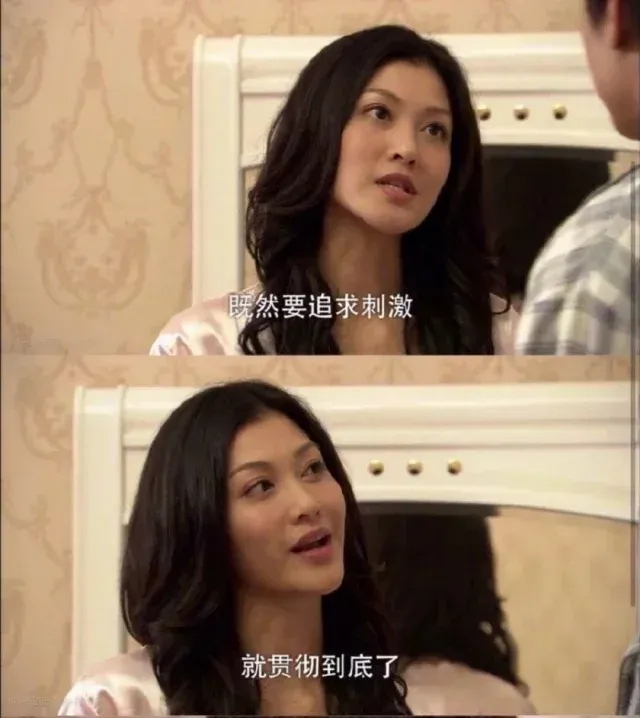
Among the acg related works, the tragedy of fate is the most impressive to me than Clannad and Eternal Wings.
In Clannad, Okazaki Tomoya's mother died in an accident when he was very young, Tomoya was brought up by his father, but his father became alcoholic and numb due to overwork and widowed desperation, and Tomoya lost his sports career because of a wrist injury. The athletic ability that special students are proud of. On the ramp leading to the school, he unfortunately met another unfortunate girl, Nagisa Furukawa. Furukawa Nagisa has been frail and sick since childhood, so he repeated grades in school many times. Tomoya and Nagisa Furukawa helped and understood each other at school, spent a fulfilling campus life with their companions, and finally fell in love with each other, formed a family, and went to society. But the long-awaited happiness left in a hurry. Nagisa Furukawa fell ill due to pregnancy and winter, and finally closed his eyes forever after giving birth to his daughter, Shio Furukawa. After five years of numbness and escapism, Tomoya realized the responsibilities and responsibilities of being a parent, but he finally took his daughter back to raise her alone, and when life gradually returned to the right track, Gu Hexi was born with Guhe Nagisa's physique. He fell ill in winter and finally closed his eyes in the world of white snow.
Peng is also a tragic character. He has worked hard, was numb, fallen, and rose up, but in the end, he is mocked by fate again and again, and he loses the most precious things again and again. Fate never respects him because of his efforts, but instead. Intensified destroying everything he wanted to protect. This sense of impermanence and powerlessness makes the audience feel sad, heartbroken, and deeply powerless.
In the second part of Wings of Longevity, Yuko Amamiya changed her whole life since she was a child because of the words of "brother" Yumura Kamura. He was abused, violated by adopters, injured again and again, and then embraced revenge. The mentality of the reunion, reconciliation and love, but when this tragic girl finally broke free from the shackles and ushered in happiness, she was killed in a car accident in order to save people. She seems to be a person abandoned by fate and is not allowed. Get the right to be happy.
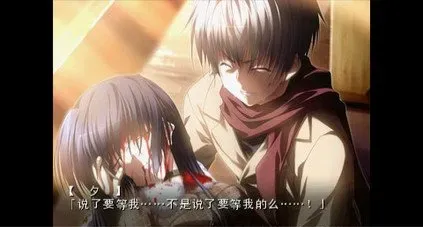
People would prefer to work hard for upright people to be happy, but fate has slapped everyone in the face. The characters in the play cannot control their own lives. Just like us in front of the screen, this sense of accident and powerlessness has become the biggest abuse point of this method.
4
doomed ending
Life and death go hand in hand, and encounter is the beginning of separation. Although the world is impermanent, it is inevitable. From ancient times to the present, there has never been a shortage of poems that lament the passing of time and the companionship of life and death. Maybe we accept this inevitability, but we still feel sad about it.
Even in the fantasy world of literature.
The most typical example is the theory of longevity. The love between the long-lived and the short-lived will always make readers feel anxious and sad for the inevitable separation that will come, whether or not this inevitable separation appears clearly in the work.
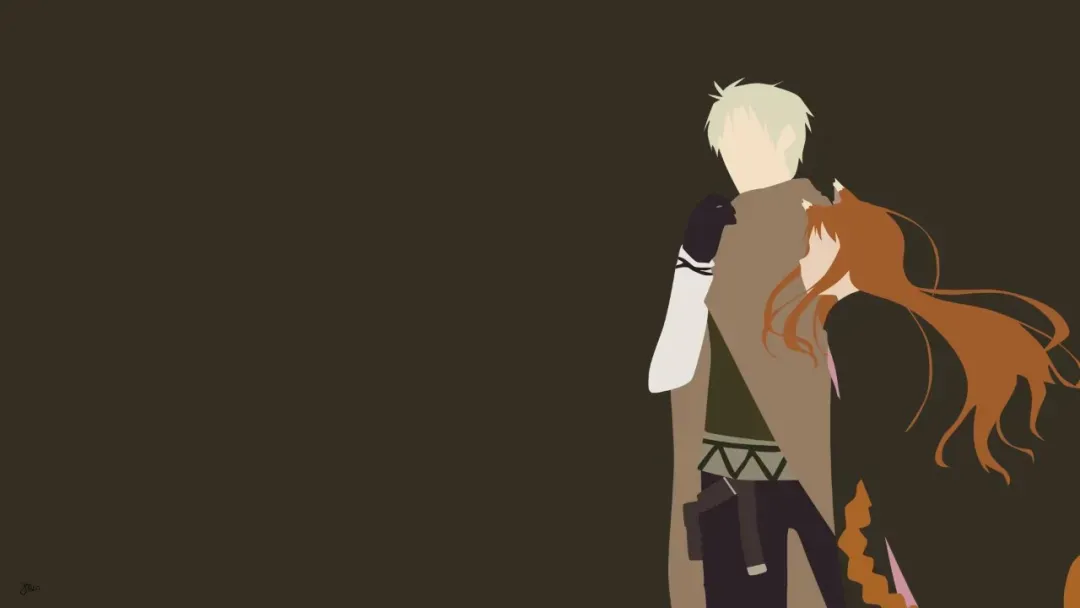
For example, in the Touhou project series, although the author, the lord Zun, has never mentioned the existence of the theory of lifespan, because everything is inevitable from the setting, Reimu, Marisa, Sakuya, etc. as human beings are not destined to live as long as monsters. A hundred years later, Gensokyo may still have the figure of a red and white witch, but it is no longer the one we are familiar with.
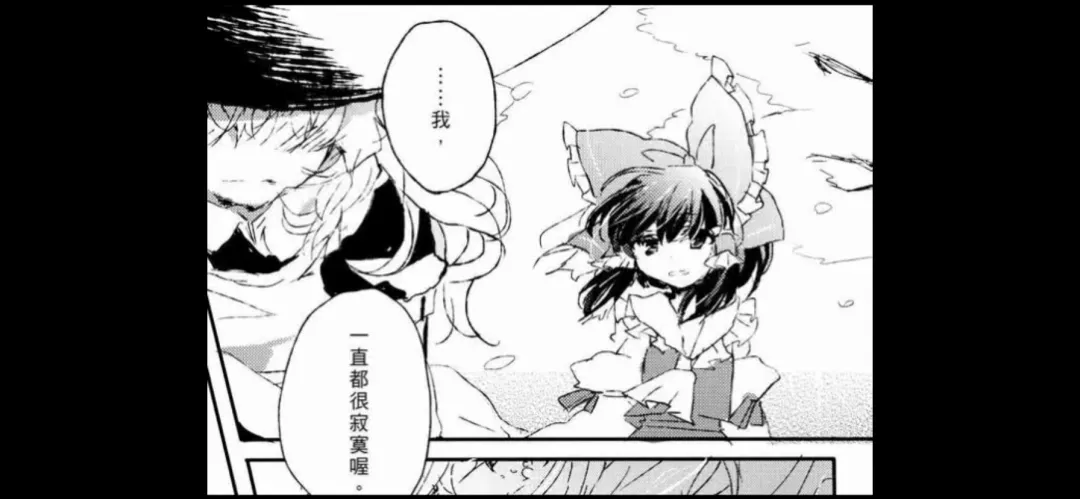
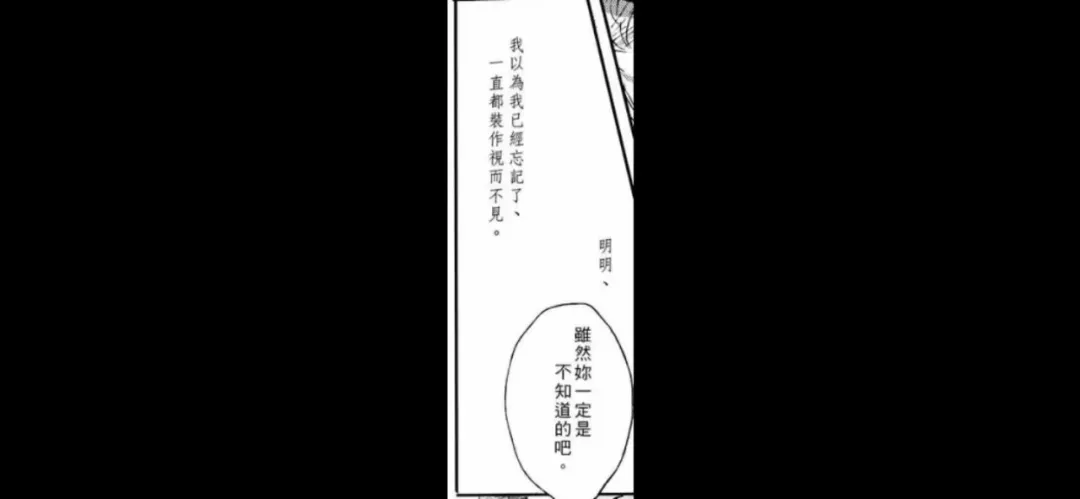
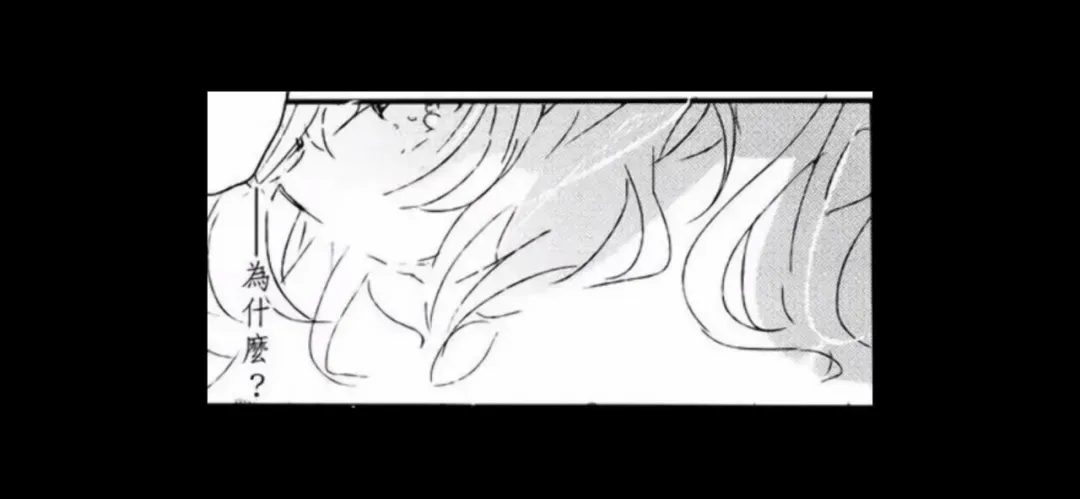
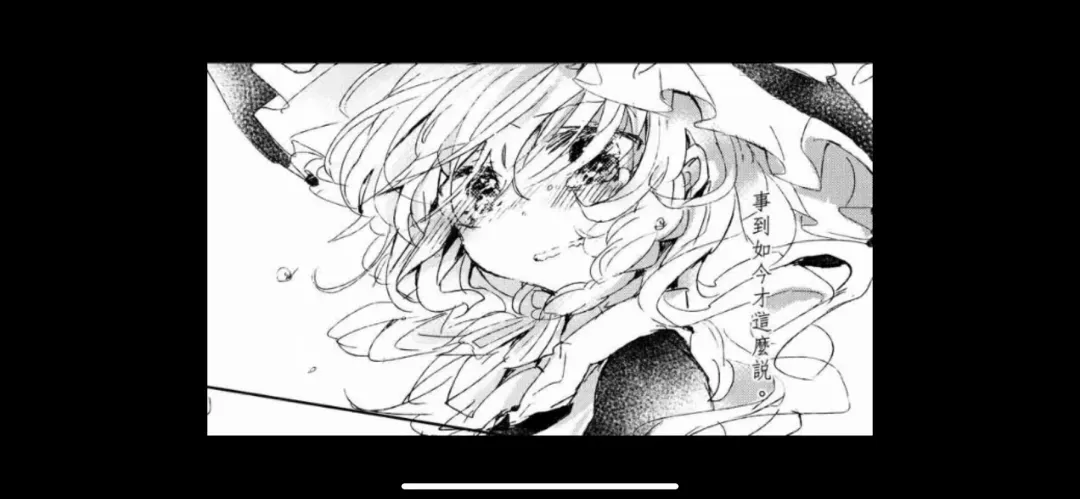
Everything has an end. This is the truth that everyone knows, but for the things they love, they always have involuntary expectations.
Later, later.
The above is the whole content of this issue
きだよ, みんな
Like my work? Don't forget to support and clap, let me know that you are with me on the road of creation. Keep this enthusiasm together!


- Author
- More